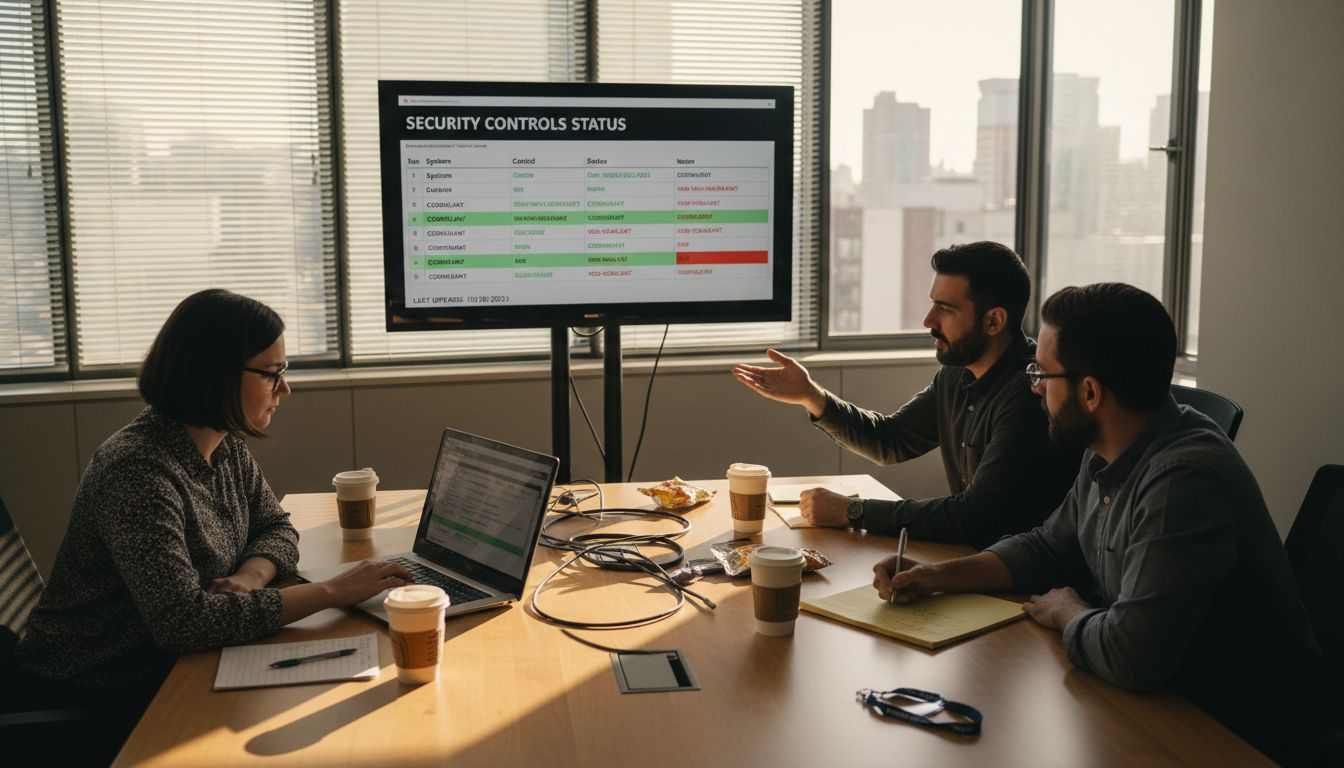Security questionnaire is one of the topics that people discuss more and more nowadays. Responding and dealing with vendor security assessments and due diligence questionnaires (DDQs) have become the new normal for companies and organizations, especially those in the IT & technology sector. As there is a higher rate of data breach and cyber threats currently[1], people become more concerned about how vendors or third parties handle their data. Consequently, ensuring data security becomes a top priority when there is a new business opportunity and when people need to deal with security questionnaires to tackle cyber risks. (We explained in more detail in our recent article on Help Net Security.)
So, who needs to deal with those security questionnaires? Typically, a single security questionnaire can require up to 3 expert teams (IT security, sales engineering, legal, etc.) and several days to a few weeks to complete, depending on the complexity and number of questions.
That’s why our clients, such as Adobe and hundreds of companies worldwide, use our software to automate the process of responding to security questionnaires. It’s not only to speed up the process, but also to improve the quality of responses. Let’s see how your process could be transformed before and after using the security questionnaire automation software.
Collaboration with different teams
Before automation: After sales teams get security questionnaires, they will be frustrated by trying to reach out for help to complete the questionnaire from different teams. As they cannot answer all questions and need some feedback, they usually need to send a lot of emails, slack or Teams messages to many people and wait for them to check the file or questions on the email before answering.
After automation: All teams can collaborate directly on the software. They can use built-in features, such as assign and comment, to communicate in real time. The platform can also give visibility to the teams regarding the progress of each questionnaire, which allows them to oversee all projects and stay ahead of deadlines.
.png)
Database management for responding process
Before automation: Different teams, such as SE, IT security, and sales, have to collaborate in order to exchange the information for responding to security questionnaires by sending emails or passing those questionnaires to each other. The process might take from days to weeks. A single security questionnaire can cover various fields of information like data protection, HR, and other regulatory compliance. Therefore, gathering all information can be challenging, especially when the files are in different places.
After automation: All teams can collaborate and complete security questionnaires directly in one platform where all security content and other information are well centralized and managed. They can search and share information with each other by using the search bar to look for relevant documents and resources. Additionally, they can also track the source of documents used in responses. This helps vendors to foster transparency and accountability in the responding process.

Responding to 100+ of security questions
Before the automation: Some questionnaires are really huge. It can contain over hundreds of questions, which might take weeks to complete this tedious task. Experts need to look for some information in extensive datasets and manually respond to those questions repetitively.
After the automation: Teams can simply upload those huge questionnaires on the platform and let AI answer all questions in seconds. All answers are based on information from existing security documents and answers from previous questionnaires or standard questionnaires CAIQ / SIG in the knowledge base. The remaining task for the teams will be just reviewing those responses and modify them if necessary.

End user engagement and trust center
Before the automation: Usually, when clients have questions about the vendor’s compliance and other regulatory matters, they will have to send an email to ask for a document, such as SOC2, CCPA, and GDPR, as part of their due diligence process. Sometimes this process can be time consuming as some documents require an NDA creation that both vendor and client need to sign.
After the automation: Clients can visit the trust center and download documents provided by a vendor. If an NDA is required, the system will automatically create an NDA for clients to sign and submit before download. This process helps save time and build confidence for both parties.

The security questionnaire automation software is designed to standardize, structure, scale, and automate the security questionnaires response process, making security reviews easier for the entire organization. At Skypher, we helps hundreds of company worldwide to eliminate the bottleneck and speed up their sales process by 20%.[2]
Book a demo here today to automate your security questionnaire and experience the streamlined process in action.
References
[1] Fox, J. (2023, December 8). Top cybersecurity statistics for 2024. Cobalt. https://www.cobalt.io/blog/cybersecurity-statistics-2024
[2] Based on the results obtained by our customers at Skypher





